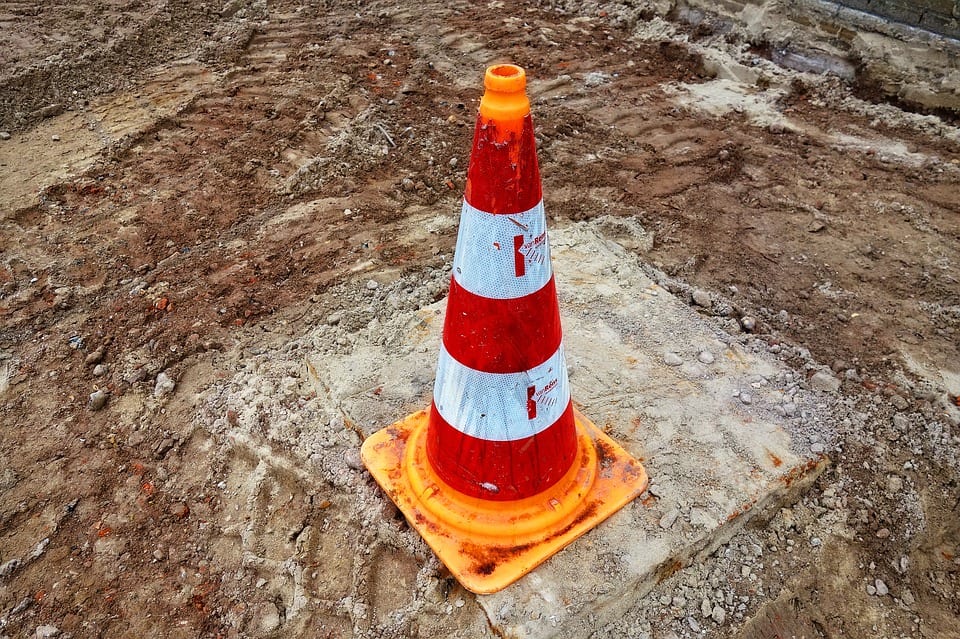So, in order to avoid needless lawsuits, always ask for proof of a valid license and insurance, along with proof of coverage for every person working under the general contractor.
Renovating your home is all fun and games until someone gets severely injured on your premises. Working with uninsured contractors can be tempting since these professionals charge much less than their fully licensed and insured counterparts. But if they sustain a serious injury on your property, things can quickly turn out catastrophic for you even if you weren’t entirely at fault for the accident.
Homeowners’ Duty of Care
Under the legal doctrine known as “premises liability,” a homeowner has a reasonable duty of care for most hazardous conditions on his or her property that might cause visitors harm. If the property owner fails to live up to that standard, the injured visitor might sue for compensation.
There are three types of visitors: invitees, licensees, and trespassers. While the first two categories are welcome guests on a person’s property, trespassers are not. The most common invitees include shoppers at a store, patients in a doctor’s office, job seekers on a business’ premises, contractors performing work on a property, delivery people, and so on.
Just like invitees, licensees need the property owner’s approval to visit the property, but unlike invitees, their purpose for being there is not related to business. Common examples of licensees are family and friends. A licensee can even be a person that enters a restaurant just to use the restroom.
The property owner has a duty of care only for welcome guests, including contractors performing repairs or other types of work on the property. So, if there is a hazardous condition on the property, the homeowner knew about it but failed to address it or warn visitors of the potential dangers, he or she can be sued under premises liability laws.
For instance, if a guest was hurt in a slip and fall accident caused by a broken handrail the property owner should have addressed, the property owner can be held liable. According to Jack Bernstein, a seasoned Las Vegas slip and fall lawyer, in such cases, the homeowner can be forced to cover:
- Medical bills
- Pain and suffering
- Lost income to recovery
- Rehabilitation costs.
However, if the victim contributed to his or her injuries, the premises liability claim can be reduced by the amount of fault belonging to the victim.
For instance, Nevada operates on a shared fault system known as comparative negligence. Under the Silver State’s law, the victim is entitled to compensation if his or her “negligence was not greater than the negligence or gross negligence of the [property owner].” In short, if the victim is more than 50% at fault for the accident, he or she will not receive any compensation if the property owner brings the comparative negligence defense.
What About Uninsured Contractors?

Homeowners working with uninsured contractors run a huge risk if the said contractors have a catastrophic accident on their premises. Any contractors should carry workers’ compensation and general liability insurance as your homeowner’s insurance policy’s personal liability coverage may not apply to injured, uninsured contractors if you knew that they didn’t carry any type of insurance.
As a result, you can be forced to pay tens of thousands of dollars in medical bills and lost wages if an uninsured contractor is hurt on your premises. Also, be wary that many subcontractors are uninsured even if the general contractor is properly licensed and insured.
So, make sure that each contractor has minimum liability and workers’ compensation coverage under your home state’s laws before allowing them on your premises. If they do have coverage but they are underinsured, your homeowners’ insurance policy might cover the difference that you would have had to pay if the injured contractor was uninsured.
So, in order to avoid needless lawsuits, always ask for proof of a valid license and insurance, along with proof of coverage for every person working under the general contractor.


Join the conversation!